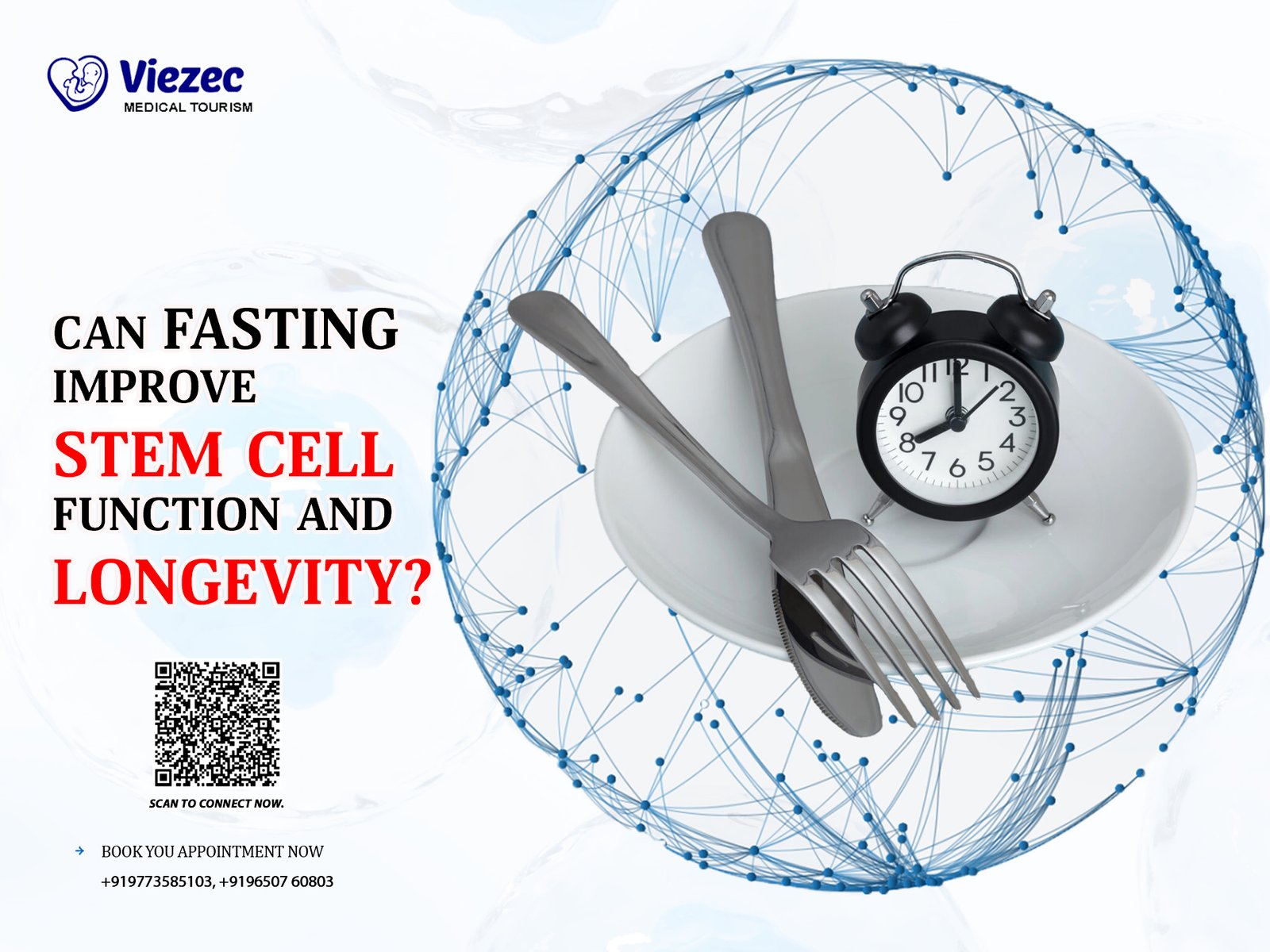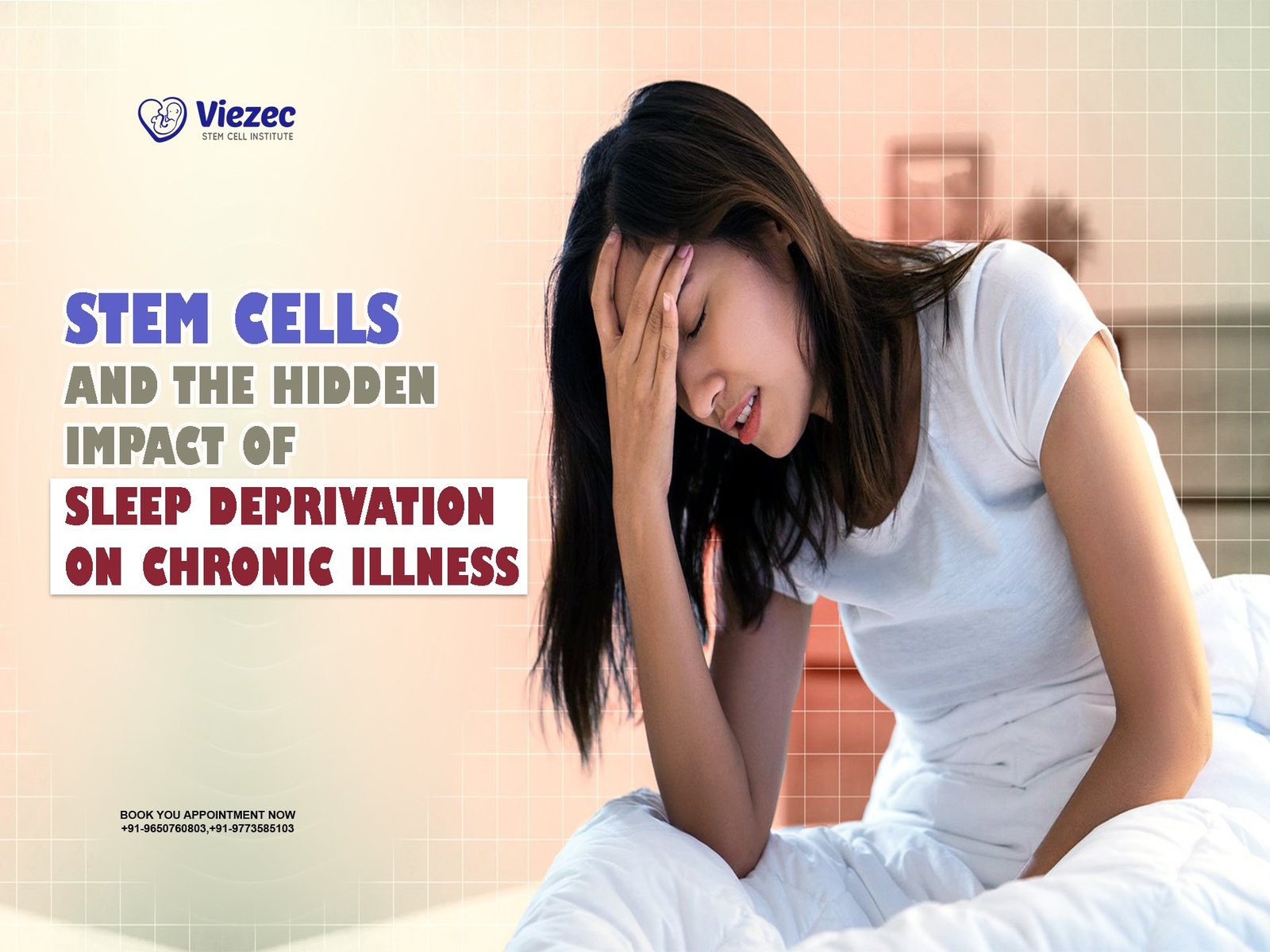KEY TAKEAWAYS
Fasting has long been practiced for spiritual and health reasons, but recent scientific findings suggest it might also boost stem cell activity and promote longevity. Stem cells are the body’s raw materials, capable of generating new cells and repairing damaged tissues. As we age, stem cell function naturally declines, contributing to slower regeneration and disease risk. Emerging studies indicate that fasting can rejuvenate stem cells and activate pathways related to cellular repair and longevity. Could intermittent or prolonged fasting truly be a key to healthier, longer life?
Understanding the Basics of Fasting and Cellular Health
Fasting is the voluntary abstention from food and sometimes drink for a set period. It triggers a shift in the body’s energy metabolism—from glucose to stored fat—resulting in the production of ketones. These metabolic changes signal cells to switch from growth to repair mode. Fasting also reduces insulin levels, improves mitochondrial function, and activates cellular stress resistance pathways. This protective state helps the body clean up damaged cells, reduce inflammation, and potentially stimulate regeneration. These mechanisms form the foundation for how fasting may influence longevity and stem cell vitality.
What Are Stem Cells and Why Are They Important for Longevity?
Stem cells are undifferentiated cells with the unique ability to develop into specialized cells such as muscle, bone, or nerve tissue. They also serve as an internal repair system, replenishing damaged or aging cells. With age, the body’s stem cell production declines, slowing tissue repair and increasing susceptibility to age-related diseases. Enhancing or preserving stem cell function is a critical component of maintaining overall health and longevity. If fasting can support or rejuvenate stem cells, it may offer a powerful, drug-free method to delay aging and promote tissue regeneration naturally.
How Fasting Impacts the Body at a Cellular Level
Fasting activates a variety of cellular responses that improve health and potentially extend life. When food is restricted, cells experience a mild stress that triggers adaptive responses—much like how muscles grow stronger after exercise. Key among these responses are improved mitochondrial efficiency, reduced oxidative damage, and increased production of antioxidants. Fasting also enhances DNA repair mechanisms and stimulates the release of growth hormones. These cellular improvements contribute to healthier tissue function and may help slow the degenerative processes associated with aging, ultimately making the internal environment more supportive for active stem cells.
Scientific Evidence Linking Fasting and Stem Cell Regeneration
Studies from institutions like MIT and USC have revealed that fasting, particularly prolonged fasting, can enhance stem cell regeneration in both muscle and intestinal tissues. In mice, a 24-hour fast doubled the regenerative capacity of intestinal stem cells. Researchers believe this boost is due to fasting-induced shifts in metabolic pathways, specifically fatty acid oxidation. Human trials are more limited but promising, suggesting that similar processes may be at work. While more research is needed, the current evidence strongly supports fasting’s role in activating dormant stem cells and improving tissue healing capacity.
Types of Fasting and Their Effects on Stem Cells
There are several fasting methods, each influencing stem cells differently. Intermittent fasting (IF), such as the 16:8 method, focuses on time-restricted eating and may support metabolic health and mild cellular repair. Prolonged fasting, lasting 24–72 hours, triggers deeper regenerative processes, including autophagy and stem cell activation. Alternate-day fasting and periodic fasting-mimicking diets also show promise in enhancing cellular regeneration. Each type has varying degrees of scientific support and practicality. Choosing the right approach may depend on individual goals, health conditions, and lifestyle, but all forms share the potential to rejuvenate stem cell function.
Fasting and Autophagy: Clearing the Way for Regeneration
Autophagy is the body’s natural process of cleaning out damaged cells and cellular debris, allowing for new, healthy cells to form. It’s like a cellular housekeeping system, and fasting is one of its most powerful triggers. When the body runs low on glucose and nutrients during fasting, it activates autophagy to recycle old components. This cleanup creates a healthier environment for stem cells to thrive and divide. By removing old or dysfunctional cell parts, fasting not only boosts overall cellular function but also supports the regeneration and performance of the body’s stem cell reserves.
Role of Fasting in Slowing Down the Aging Process
Aging is characterized by reduced cellular repair, inflammation, and mitochondrial decline. Fasting addresses all of these factors by reducing oxidative stress, improving insulin sensitivity, and activating genes linked to longevity, such as sirtuins and FOXO proteins. These changes may extend the healthspan—the period of life spent in good health—by preserving tissue integrity and slowing biological aging. With its ability to stimulate stem cells, enhance autophagy, and regulate metabolism, fasting acts as a holistic anti-aging tool. It doesn’t just extend life; it supports healthier, more vibrant aging with reduced disease risks.
Intermittent Fasting vs. Prolonged Fasting: Which Is More Effective?
Intermittent fasting (IF) is easier to sustain and has been shown to improve insulin sensitivity, inflammation, and cardiovascular health. However, for deeper regeneration and stem cell activation, prolonged fasting may be more effective. Research indicates that 48- to 72-hour fasts stimulate autophagy and stem cell renewal more significantly than shorter fasts. That said, prolonged fasting may not be suitable for everyone and should be medically supervised. A balanced approach could involve regular IF with occasional prolonged fasting periods to optimize both health benefits and stem cell activation without overwhelming the body.
Fasting-Mimicking Diets: Can You Get the Benefits Without Starving?
Fasting-mimicking diets (FMDs) offer a structured alternative to water-only fasts by significantly reducing calories for 3–5 days while maintaining essential nutrients. Developed by researchers like Dr. Valter Longo, FMDs are designed to trigger the same cellular responses as traditional fasting, including autophagy, stem cell activation, and improved metabolic function. These diets are easier to adhere to, safer for more people, and are backed by scientific studies for their role in reducing aging markers and promoting regeneration. FMDs may be a practical solution for those looking to gain fasting benefits with minimal discomfort.
How Often Should You Fast for Stem Cell Health?
The frequency of fasting for optimal stem cell health depends on the individual’s goals, age, and overall health status. Intermittent fasting can be done daily or a few times a week, supporting long-term metabolic health. Prolonged fasting might be done every 1–3 months to stimulate deeper cellular renewal and stem cell activity. Fasting-mimicking diets are often recommended once a month for five consecutive days. It’s essential to consult a healthcare provider before starting any fasting regimen, especially prolonged fasts, to ensure the approach aligns with personal health needs and medical conditions.
Potential Risks and Who Should Avoid Fasting
While fasting offers many health benefits, it’s not suitable for everyone. Individuals with a history of eating disorders, underweight individuals, pregnant or breastfeeding women, and those with certain chronic conditions like diabetes or kidney disease should avoid fasting without medical supervision. Extended fasts can lead to nutrient deficiencies, dizziness, low blood sugar, and dehydration if not properly managed. Always start slowly, stay hydrated, and consider electrolyte balance. Fasting is a tool, not a cure-all, and must be used carefully—especially when targeting sensitive systems like stem cell function and immune regulation.
Combining Fasting with Lifestyle Changes for Maximum Longevity
Fasting works best when combined with other healthy lifestyle choices. Regular physical activity, quality sleep, stress reduction, and a whole-food, plant-rich diet can amplify the effects of fasting on stem cell activation and aging. Supplements like resveratrol or NAD+ precursors may further support cellular health. Avoiding smoking, reducing alcohol intake, and staying mentally active also contribute to improved longevity. The synergy between fasting and lifestyle changes creates an optimal environment for regeneration, disease prevention, and vibrant aging. Together, they form a sustainable path toward long-lasting health and youthful vitality.
Fasting is more than a weight-loss trend—it may be a gateway to enhanced cellular repair, stem cell activation, and extended longevity. From boosting autophagy to improving metabolic health, its benefits are well-documented and continually expanding. While not a one-size-fits-all solution, strategic fasting—especially when combined with lifestyle modifications—can support your body’s innate ability to heal and regenerate. Always consult a healthcare provider before beginning a fasting regimen, especially for therapeutic purposes. Used wisely, fasting could become a powerful ally in the pursuit of a longer, healthier life.
FAQs
Q1: Can fasting really regenerate stem cells?
Yes, research—particularly in animals—has shown that fasting can boost stem cell activity, especially during prolonged fasts or fasting-mimicking diets.
Q2: Is intermittent fasting enough to improve longevity?
Intermittent fasting supports metabolic health and may contribute to longevity, but deeper regenerative effects may require periodic prolonged fasting.
Q3: How long should I fast for stem cell regeneration?
Studies suggest 48–72 hours of fasting may be optimal for stem cell renewal, but this should only be done with medical guidance.
Q4: Are fasting-mimicking diets as effective as real fasting?
They can provide many of the same benefits, such as autophagy and stem cell stimulation, with better adherence and safety for most people.
Q5: Who should avoid fasting?
People with certain medical conditions, underweight individuals, pregnant women, or those with a history of eating disorders should not fast without professional supervision.













